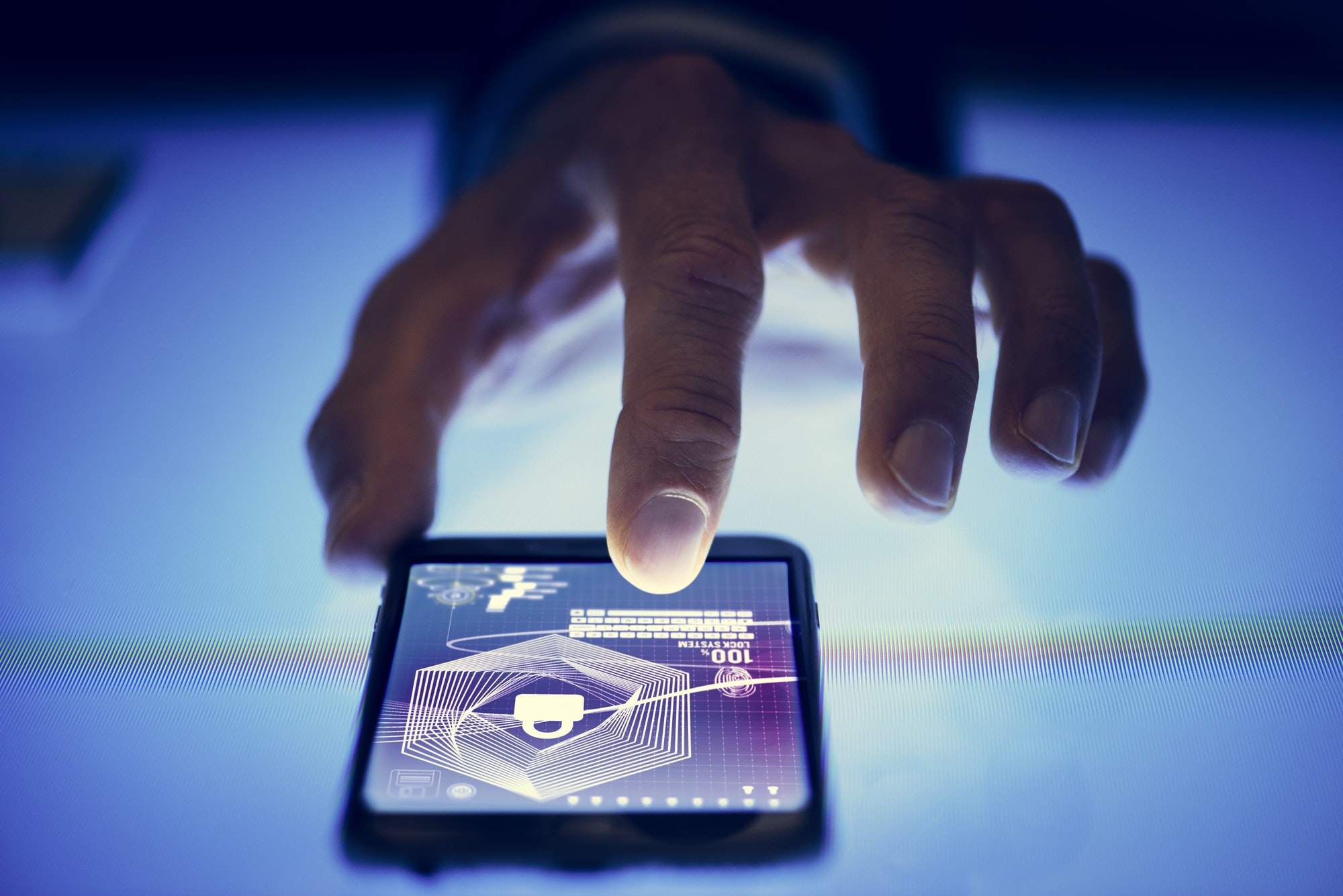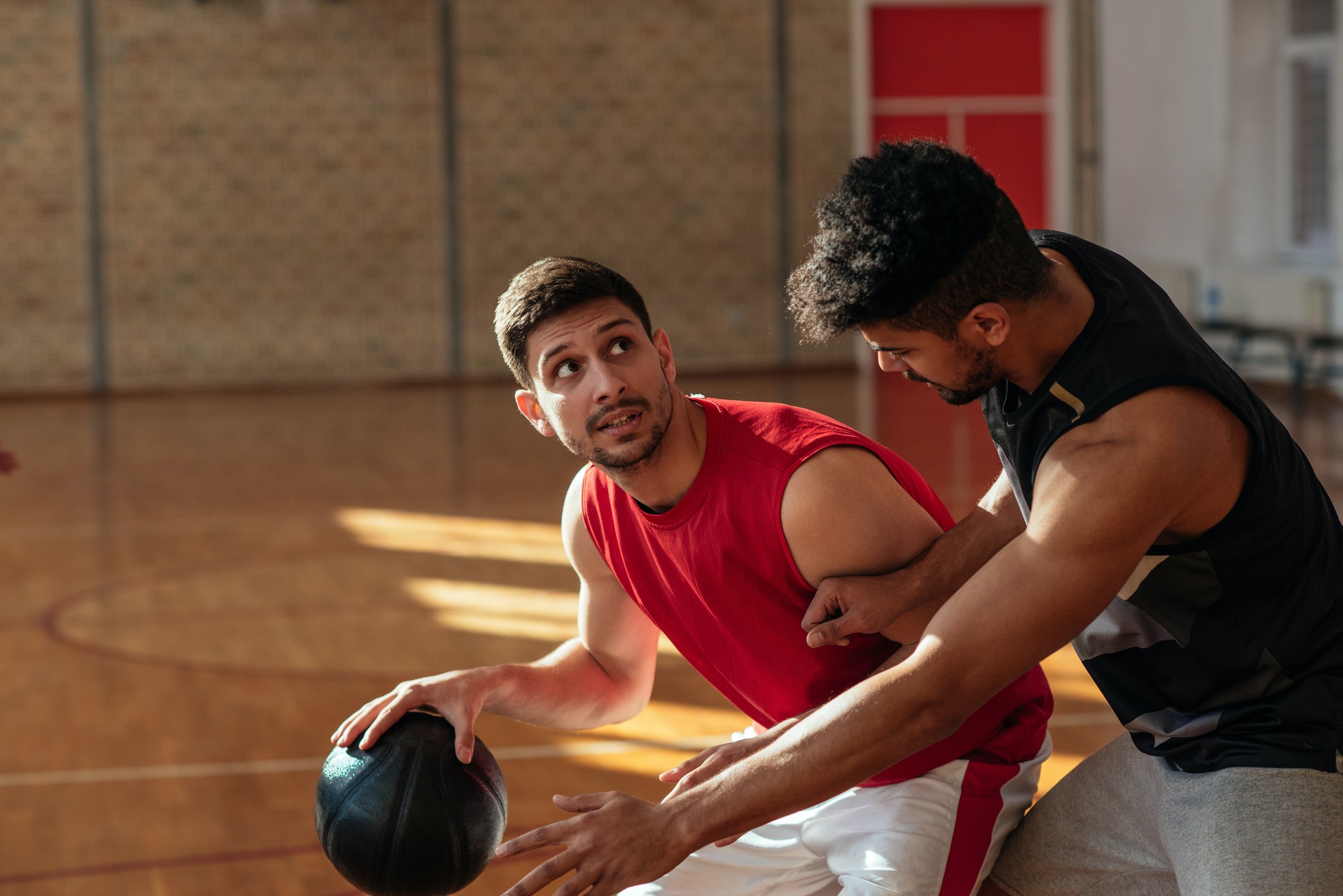
How to protect your online privacy
Online privacy is something everyone should be concerned with. But if you’ve ever searched online for privacy-related advice, I’m sure you’ve come across conflicting information.
“Use a VPN!” some people say. “Wear an aluminum foil hat! Never use the internet at all!” others might shout at their computer screens. So how can you find out what actually works? The following article will provide steps on how to protect your online privacy without resorting to wearing aluminum foil hats or living in total seclusion.
Privacy is one of the most important things to protect. It is often overlooked by people who are more concerned about other aspects of their online lives, but it can be easy for your privacy and security to slip away if you don’t take some precautions.
First and foremost, you need to start using a virtual private network (VPN). VPNs encrypt all data that leaves your device, meaning nobody will be able to see what’s on your screen or in any files you download without having specific decryption keys. One downside of this technology, however, is that VPNs can slow down the internet connection speed significantly. So while they’re useful for protecting sensitive information like passwords and credit card numbers from being intercepted by others with less than pure intentions; they may not be ideal for streaming videos or playing games.
There are other ways to ensure your data is kept safe and sound too. You could encrypt all of the files on your device with a strong password so that nobody else can access them without your authorization. While this doesn’t guarantee privacy from corporations or hackers, it does at least make it much more difficult for ne’er do wells to get their hands on sensitive information if they happen upon your unlocked device. One way to protect yourself from unwanted snooping around your personal files is by being careful about what you share online. Never give out personally-identifying information like passwords, credit card numbers, addresses or phone numbers unless absolutely necessary. When sharing photos and other content, use a website that allows users to set a password to view the material. This way only those you have given permission will be able to see what you post.
Another way to protect your online privacy is to make sure you have no cookies set on your device. This will stop websites from tracking what you do online and selling that information to other companies for advertising purposes. You can clear these easily by going into your browser settings, finding the privacy settings, and checking all boxes under “Cookies.”
Another way to protect yourself from unwanted snooping around your personal files is by being careful about what you share online. Never give out personally-identifying information like passwords, credit card numbers, addresses or phone numbers unless absolutely necessary. When sharing photos and other content, use a website that allows users to set a password to view the material. This way only those you have given permission will be able to see what you post.
In conclusion, there are a number of ways you can protect yourself from hackers while still enjoying the benefits of using the internet. Using VPNs and taking advice about securing your personal files should be among the first steps everyone takes when concerned about online privacy and security. Remember, it only takes one breach in security for all of your data – including passwords, credit card numbers and addresses – to become compromised So use caution when sharing any sensitive information. Remember, being private doesn’t just mean keeping sensitive information safe; it means keeping any kind of information out of other people’s hands by not sharing it unwisely.

